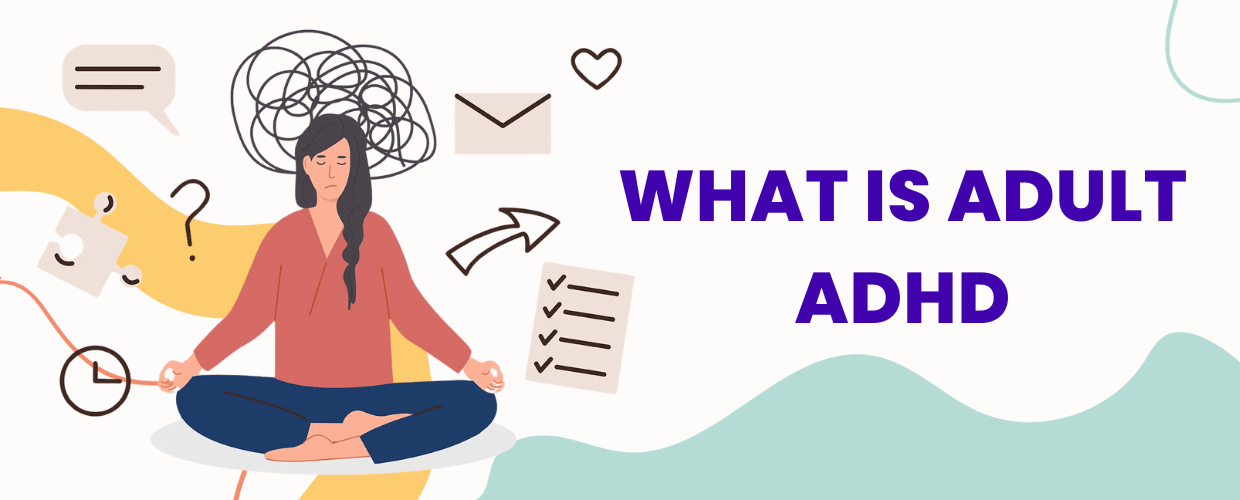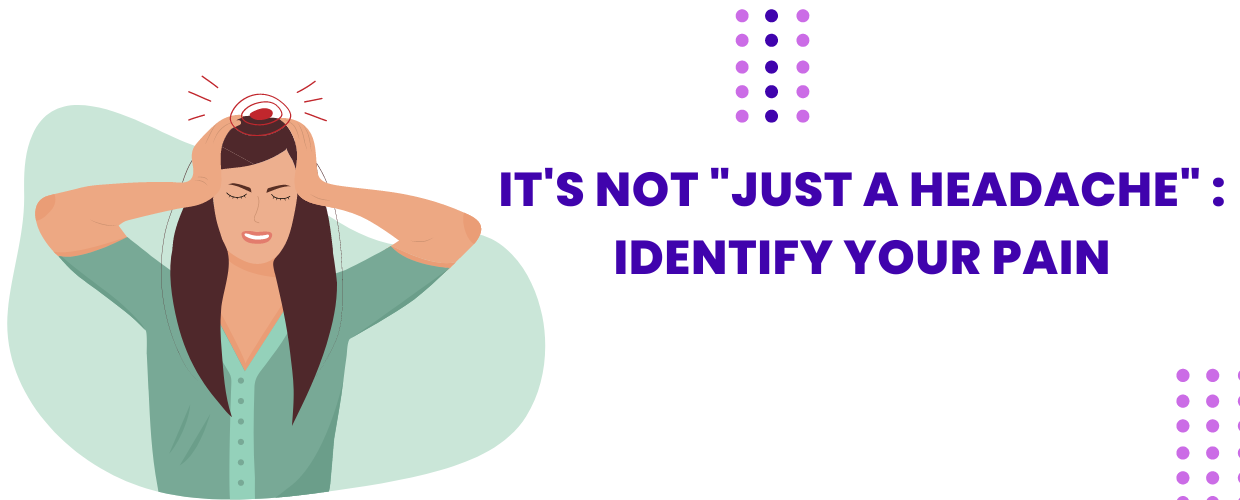The lockdown and pandemic have led to a rise in mental health problems in Maharashtra, particularly in cities like Pune and Mumbai. Mental health professionals have observed that OCD, anxiety, and depression are the most prevalent issues. While people are aware of anxiety and depression, OCD seems to be overlooked. Some studies suggest that strict sanitation and health protocols may have triggered OCD in some individuals. But what exactly is OCD?
Psychiatrists and other mental health professionals that provide OCD treatment in Pune suggest that Obsessive-compulsive Disorder or OCD refers to a condition where a person experiences unwanted and involuntary thoughts and fears, which then result in repetitive behaviours. These behaviours can cause significant distress to the individual. Let’s try to understand OCD in detail:
What is Obsessive Compulsive Disorder and its Symptoms?
OCD is a mental health disorder that involves the presence of obsessions and compulsions. Obsessions are unwanted and distressing thoughts, urges, or images that persist and intrude when the individual is trying to focus on other things. These obsessions can have specific themes, such as fear of contamination, doubts, need for orderliness, aggressive or horrific thoughts, or unwanted thoughts related to sexuality or religion.
Compulsions, on the other hand, are repetitive behaviors or mental acts that are performed in response to obsessions. These compulsions are meant to reduce anxiety or prevent something bad from happening. However, engaging in compulsions often brings no pleasure and only provides temporary relief from anxiety. People with OCD may create rules or rituals to follow to control their anxiety when experiencing obsessive thoughts, and these compulsions can be excessive and not realistically related to the problem they’re intended to solve.
Treatment Options
Exposure therapy
A type of cognitive-behavioral therapy known as exposure and response prevention (ERP), is the preferred psychotherapy for treating OCD. ERP involves gradually exposing individuals to their obsessions while asking them to refrain from performing compulsions that typically alleviate their anxiety and distress. The process is conducted at the individual’s own pace, and therapists should not compel them to do anything against their will.
As technology continues to evolve, new forms of treatment for obsessive-compulsive disorder (OCD) have emerged, including the use of virtual reality (VR) in ERP therapy. This innovative approach provides individuals with a safe and realistic environment to confront their obsessions and compulsions while allowing therapists to control the intensity of exposure. VR-based ERP therapy has shown promising results in the treatment of OCD and is becoming an increasingly popular choice for therapists and patients alike.
Medicines
In some cases, medication may be necessary to treat OCD if talk therapy is ineffective or the condition is severe. Selective serotonin reuptake inhibitors (SSRIs), a type of antidepressant, are the primary medications prescribed. SSRIs work by increasing serotonin levels in the brain, which can help improve OCD symptoms. However, it is essential to consult a mental health professional before starting or stopping any medication.
Repetitive Transcranial Magnetic Stimulation (rTMS)
Repetitive Transcranial Magnetic Stimulation (rTMS) is a cutting-edge treatment option for individuals suffering from obsessive-compulsive disorder (OCD) who don’t respond to conventional treatments like psychotherapy and medication. rTMS aims to calm down the parts of the brain responsible for causing obsessions and compulsions in individuals with OCD.
Final Thoughts
The surge in OCD cases during the pandemic has raised concerns about the availability and quality of treatment options in Pune and other parts of Maharashtra. It is important to carefully consider which healthcare professional can offer the best care and resources before deciding on a treatment plan for the same.






